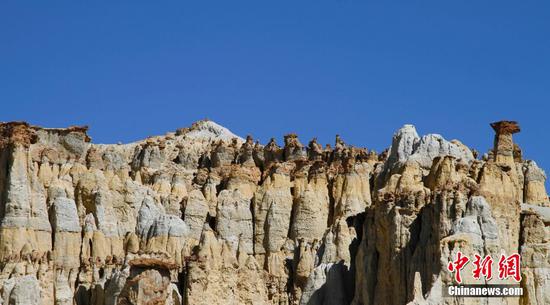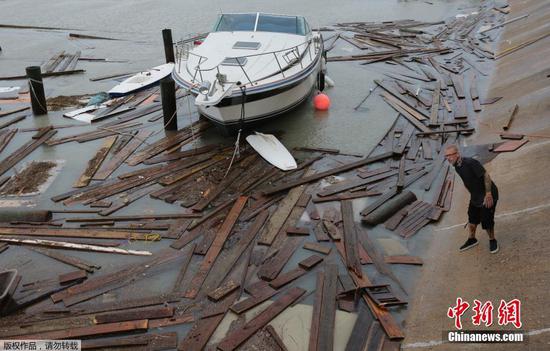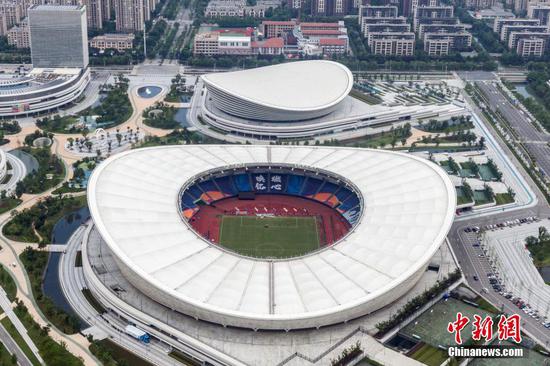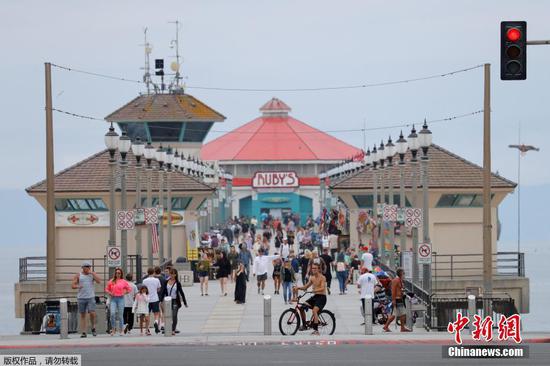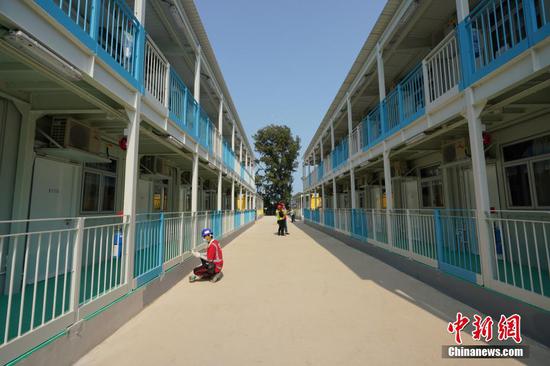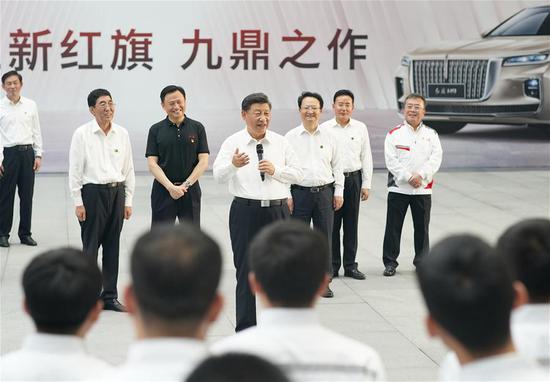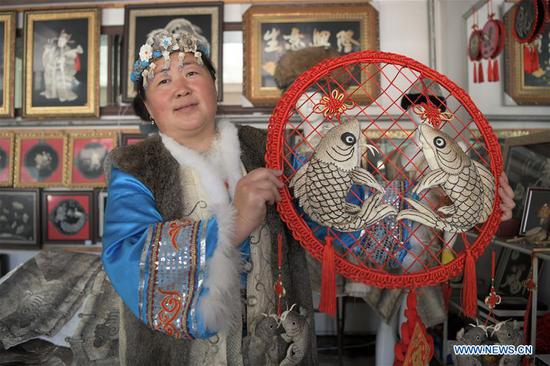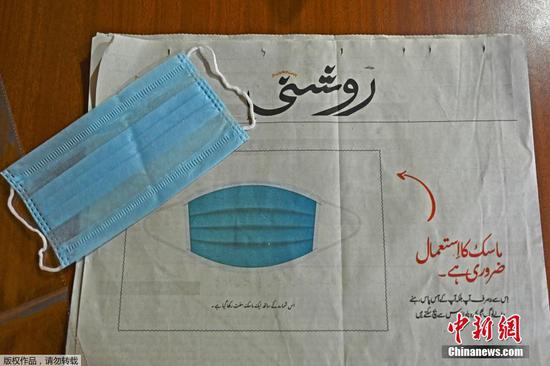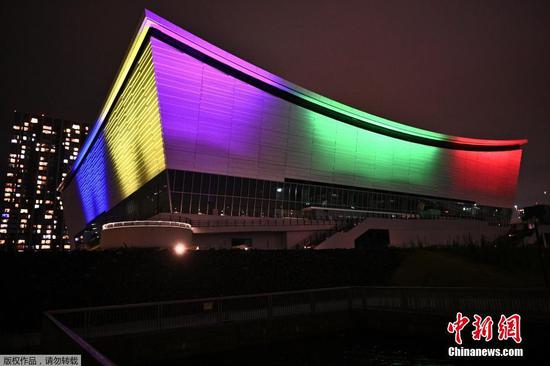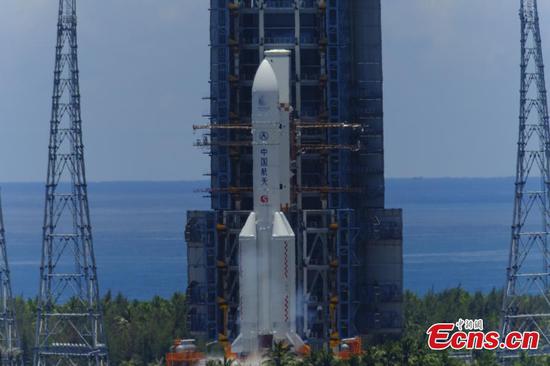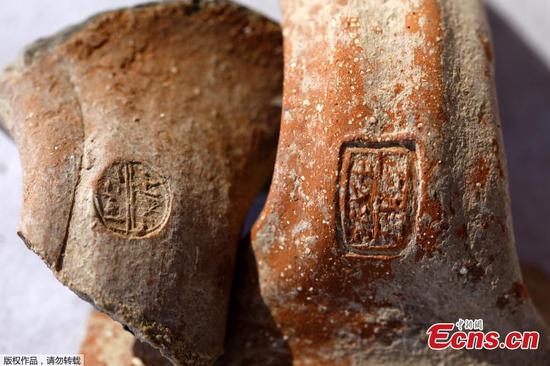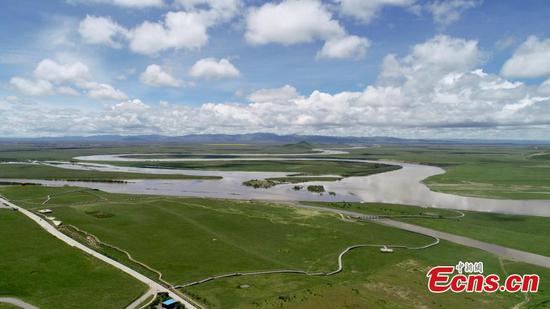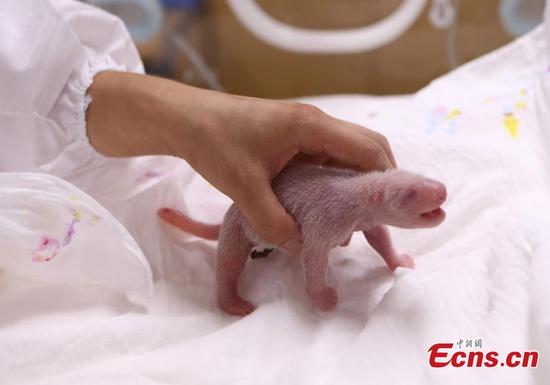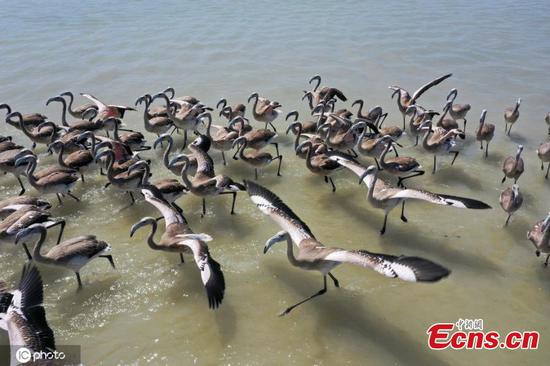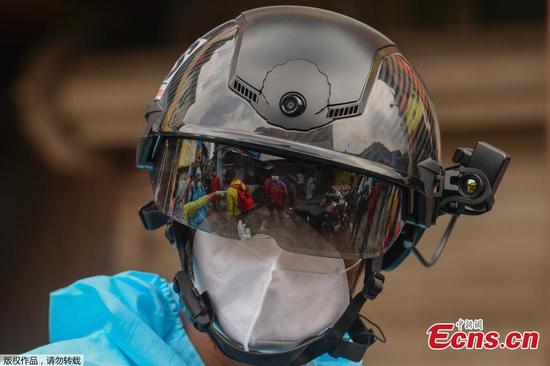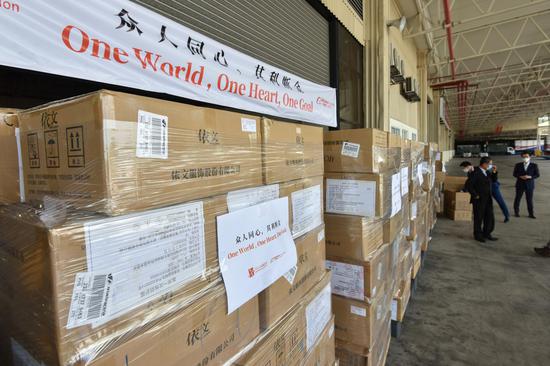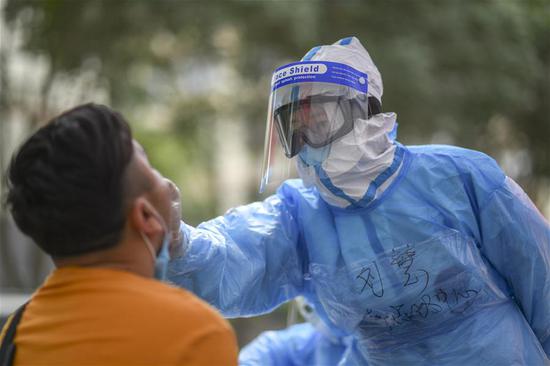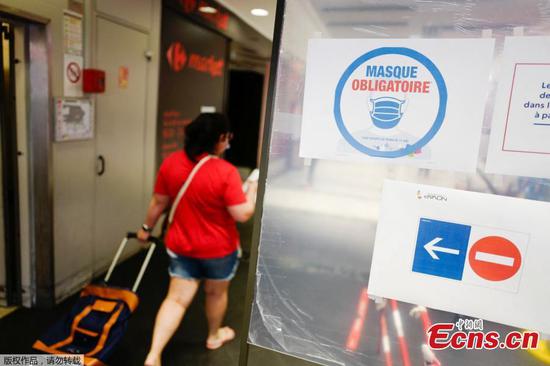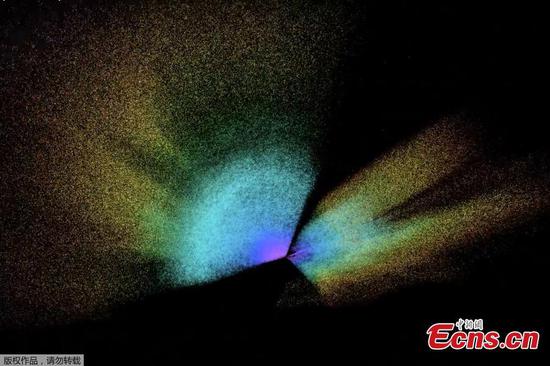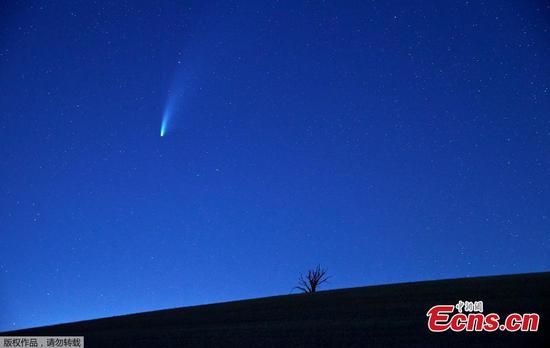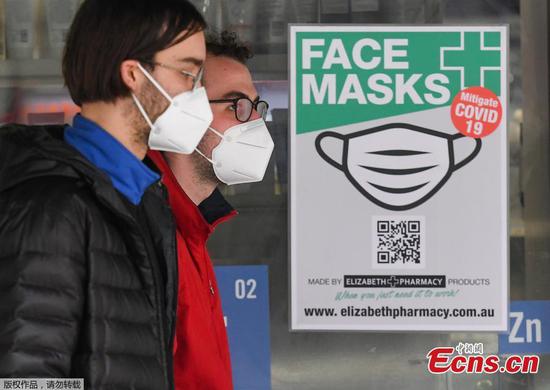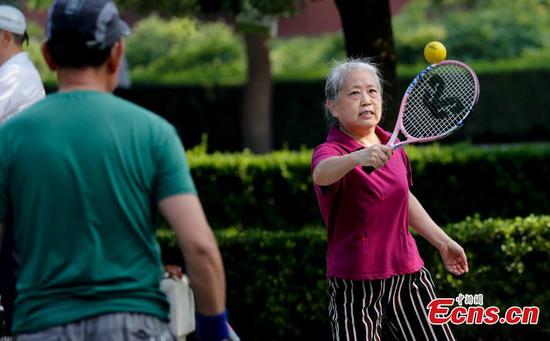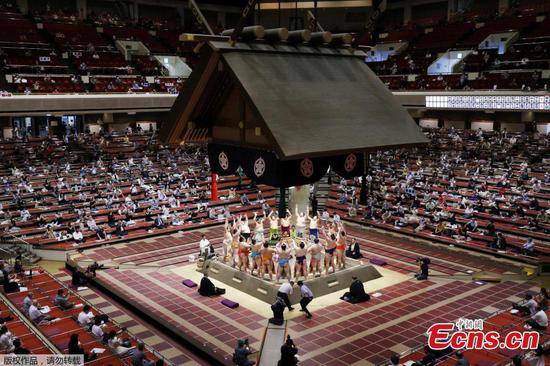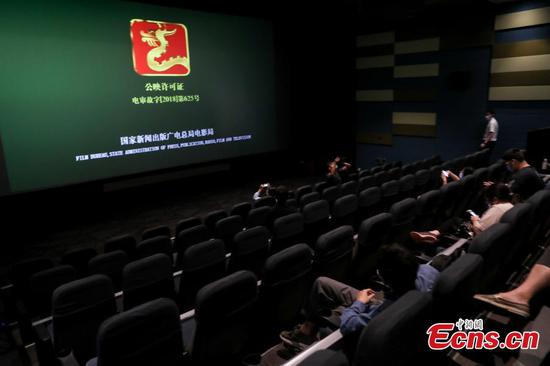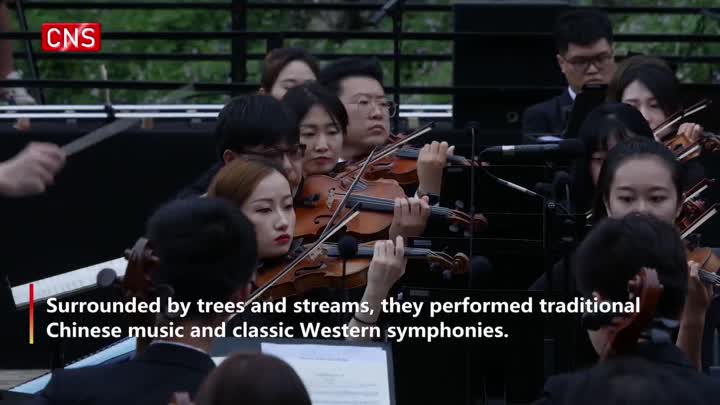The Chinese Foreign Ministry on Monday confirmed that the U.S. Consulate General in Chengdu, capital of the southwestern province of Sichuan, closed at 10:00 a.m. BJT.
"At 10: 00 a.m. on July 27, according to the Chinese side's request, the U.S. Consulate General in Chengdu was closed. Afterwards, Chinese authorities entered through the front entrance and took it over," the ministry said in a statement on its website.
A U.S. national flag was seen lowered at the U.S. Consulate General in Chengdu at around 6:18 a.m. on Monday, and police in Chengdu restricted access to the area around the consulate in the morning.
On Sunday night, the official insignia of the consulate was removed from the front of the building and a crane was seen entering the consulate compound and hoisting at least one container onto a large truck.
On Saturday evening, a worker was seen removing fittings around a plaque outside the main entrance.
China ordered the closure of the facility on Friday after Washington last week gave China 72 hours to vacate its consulate in Houston, in a dramatic escalation of tensions between the world's two largest economies.
The White House argued without proof that the facility was acting as a hub for spying, and had a long track record of trying to steal data from universities, hospitals and research centers.
China strongly condemned the move and urged Washington to reverse the decision immediately.
"This is American political provocation against China and a serious breach of international law and the basic norms of international relations. It is also a grave violation of a bilateral consular agreement and deliberately undermines China-U.S. relations," said Wang Wenbin, spokesperson for the Chinese Foreign Ministry.
"Some of the personnel in the U.S. consulate in Chengdu have conducted activities that are not in line with their identities. They interfered in China's internal affairs and damaged China's security interests. China has made representations to this, and the U.S. surely knows it."
U.S. Secretary of State Mike Pompeo indicated that the move was about slowing down China's momentum in the 21st century.
It came as China-U.S. relations dipped to their lowest point in decades. But there may be mitigating, short-term, circumstances for this, as the U.S. president tries to appear tough on Beijing heading into his reelection campaign.










